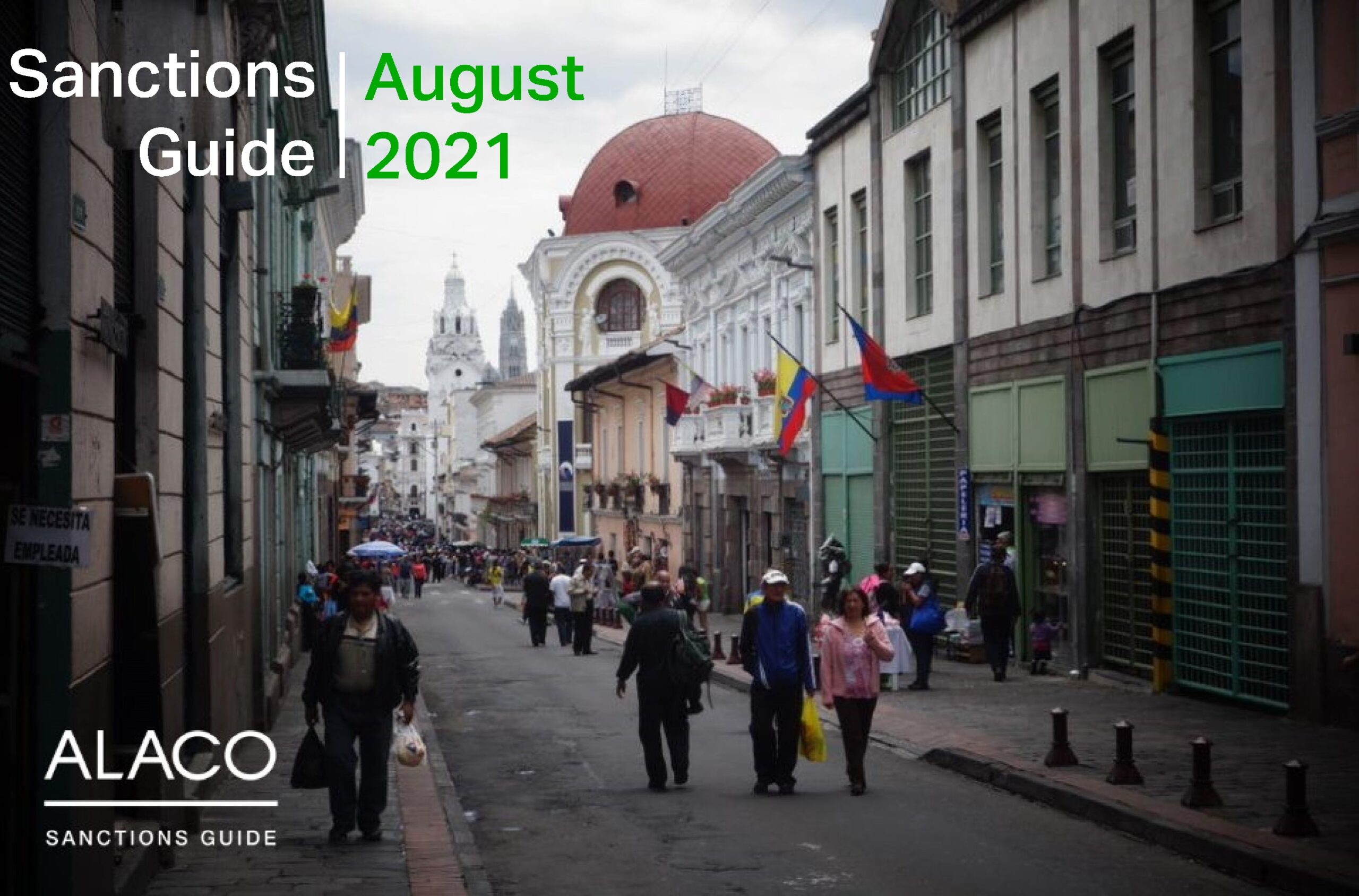Key sanctions developments this month include a joint commitment by the US and EU to continue using sanctions as a tool to protect the national security interests of Eastern Europe in the wake of agreeing a deal for Nord Stream 2, the EU parliament’s call for wide ranging designations against nationals in China, Saudi Arabia, Iran and Nicaragua, as well as Swiss authorities’ imposition of sanctions in respect of Belarus and Myanmar in line with the EU equivalents:
- Following the conclusion of an agreement between the US and Germany over the Nord Stream 2 pipeline, on 21st June the countries issued a joint statement titled ‘Support for Ukraine, European Energy Security, and [their] Climate Goals’ which noted, amongst other things, that both governments remain committed to the idea of imposing sanctions in response to any future malign activities perpetrated by Russia. The statement was widely characterised in the media as having been designed to assuage concerns held by the Ukrainian and Polish governments relating to the pipeline’s security implications.
- The EU Parliament has adopted multiple resolutions calling for the imposition of sanctions pursuant to the EU Global Human Rights Sanctions Regime, specifically urging designations in China and Hong Kong, including Carrie Lam, as well others in Saudi Arabia, Iran and Nicaragua. On 12th July the EU Foreign Affairs Council decided in principle to establish a new sanctions regime targeting the Lebanese leaders responsible for the country’s “political stalemate”, economic crisis and the “suffering” of the Lebanese people. The relevant resolutions and council decisions are yet to be formally ratified.
- The Swiss Federal Council has joined the EU in listing 78 people and seven entities under its Belarus sanctions regime, as well as eight individuals and four entities in response to human rights violations in Myanmar. The listings track the most recent round of EU sanctions imposed over the Myanmar military coup and situation in Belarus.
- The UK Foreign Affairs Committee has published a report entitled ‘Never Again: The UK’s Responsibility to Act on Atrocities in Xinjiang and Beyond’. The report recommends that the UK Government responds to the “atrocities” committed by the Chinese state in the Xinjiang Uyghur Autonomous Region. OFSI has also penned a blog post titled ‘Reasonableness in licencing’, to provide guidance on the information OFSI considers when adjudicating an application to licence frozen funds for legal fees or maintenance of funds and frozen resources under the UK Sanctions Act.
- This month’s high-profile designations further included the following:
- OFAC’s designations of 14 individuals in El Salvador, 20 in Guatemala and 21 in Honduras who have “knowingly engaged in actions that undermine democratic processes or institutions” and “significant corruption”.
- An asset freeze targeting seven key members of the Myanmar military and 15 of the spouses and adult children of previously designated senior Burmese military officials.
- 100 individuals associated with the Ortega-Murillo regime, including members of the Nicaraguan National Assembly and the Nicaraguan judiciary, as well as some of their family members, have been targeted with US visa restrictions
- Cuban Minister of the Revolutionary Armed Forces Álvaro López Miera and the Cuban Ministry of the Interior’s Brigada Especial Nacional have been added to the OFAC SDN list.


